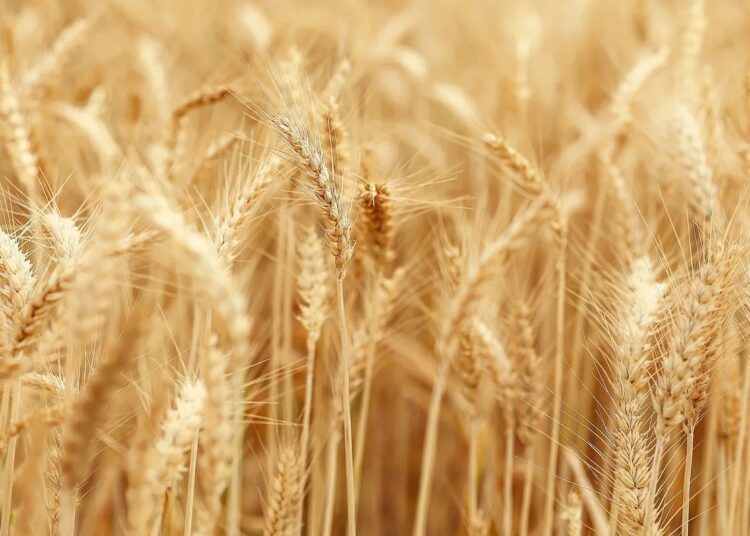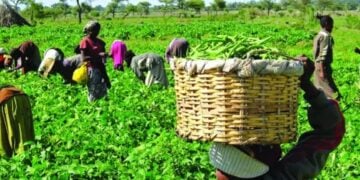Nigeria is poised to increase its cereal output by an estimated 2.7 million metric tonnes over the next decade.
According to projections from the newly released OECD-FAO Agricultural Outlook 2025–2034, the increased production is driven by rising domestic demand for staple foods and sustained yield improvements.
The report, which is a collaborative effort between the Organisation for Economic Co-operation and Development (OECD) and the Food and Agriculture Organisation (FAO) of the United Nations provides a comprehensive analysis of global agricultural and fish commodity markets.
It highlighted Nigeria alongside India (+4.1 million tonnes) and Ethiopia (+3.2 million tonnes) as key contributors to the global cereal production increase.
This growth is attributed to continued reliance on staple crops, which incentivises higher local production to meet the needs of Nigeria’s rapidly growing population.
The report noted that global cereal consumption is expected to remain concentrated, with 48 per cent to 65 per cent occurring in the top five consumer countries for each commodity by 2034.
In Nigeria, the increase in cereal production is largely driven by rising incomes and growing feed demand, particularly in Asia, which will account for 56 percent of the global increase in feed consumption. Maize is projected to see 50 percent of its total consumption dedicated to feed, reflecting the country’s expanding livestock sector.
“On a country basis, India (+4 1 Mt), Ethiopia (+3 2 Mt), and Nigeria (+2 7 Mt) will contribute significantly to the global cereal production increase.
Asian countries will account for 56 percent of the increase in feed consumption due to the rapid expansion of their livestock sectors”, the outlook stated.
Despite this positive outlook, the report warned of the challenges that could impact Nigeria’s agricultural sector.
Key risks include volatile global commodity prices, influenced by macroeconomic factors such as inflation and exchange rates, as well as environmental challenges like extreme weather events.
The outlook also emphasised the importance of sustainable agricultural practices to reduce the carbon intensity of production, with Nigeria expected to benefit from productivity gains that could lower greenhouse gas emissions.
“Global agricultural growth will be driven by productivity gains, reducing the carbon intensity of the sector, but large productivity gaps will remain.
Sustained investments in biotechnology, mechanisation and precision agriculture to improve agricultural productivity are fundamental for realising the projected decline in real agricultural commodity prices”, the report explained.
The report further highlights the critical role of international trade in enhancing food security. Nigeria, as part of Sub-Saharan Africa, is projected to see a 55 percent increase in net imports of basic food commodities by 2034, underscoring the region’s growing reliance on global markets to meet food security needs.
However, the outlook suggested that trade can also support sustainability by reallocating production to more efficient regions, potentially reducing global emissions.





